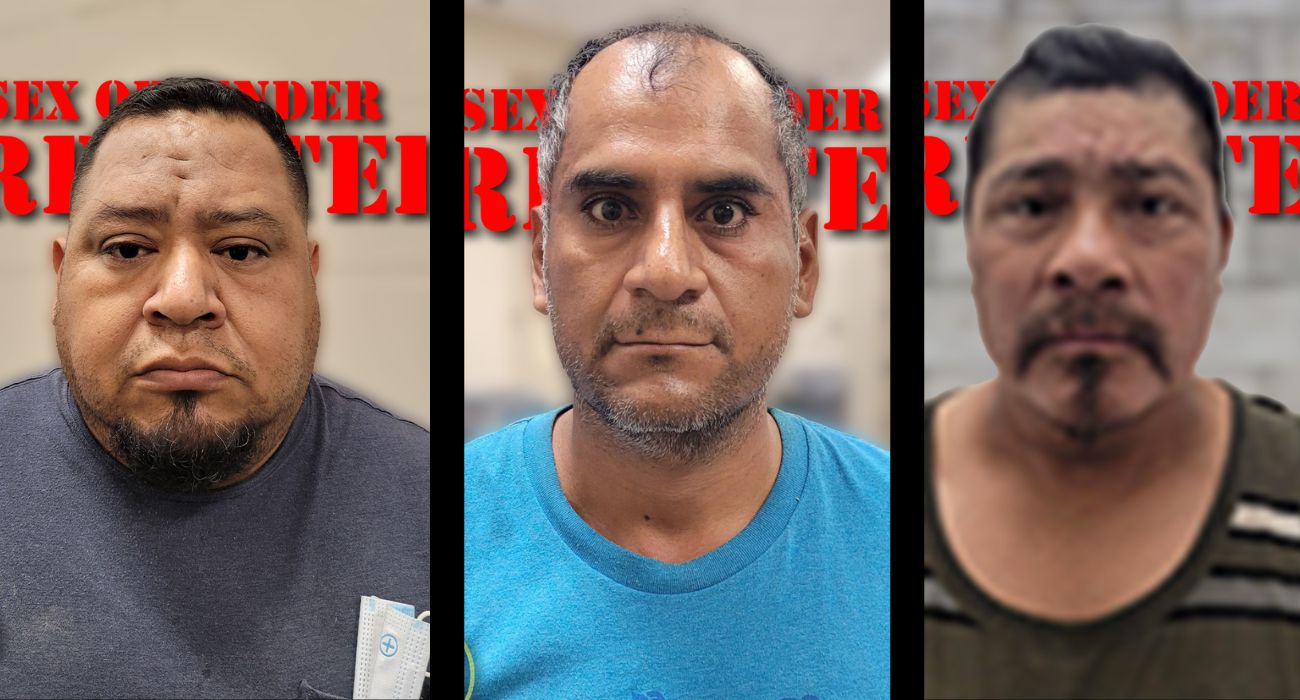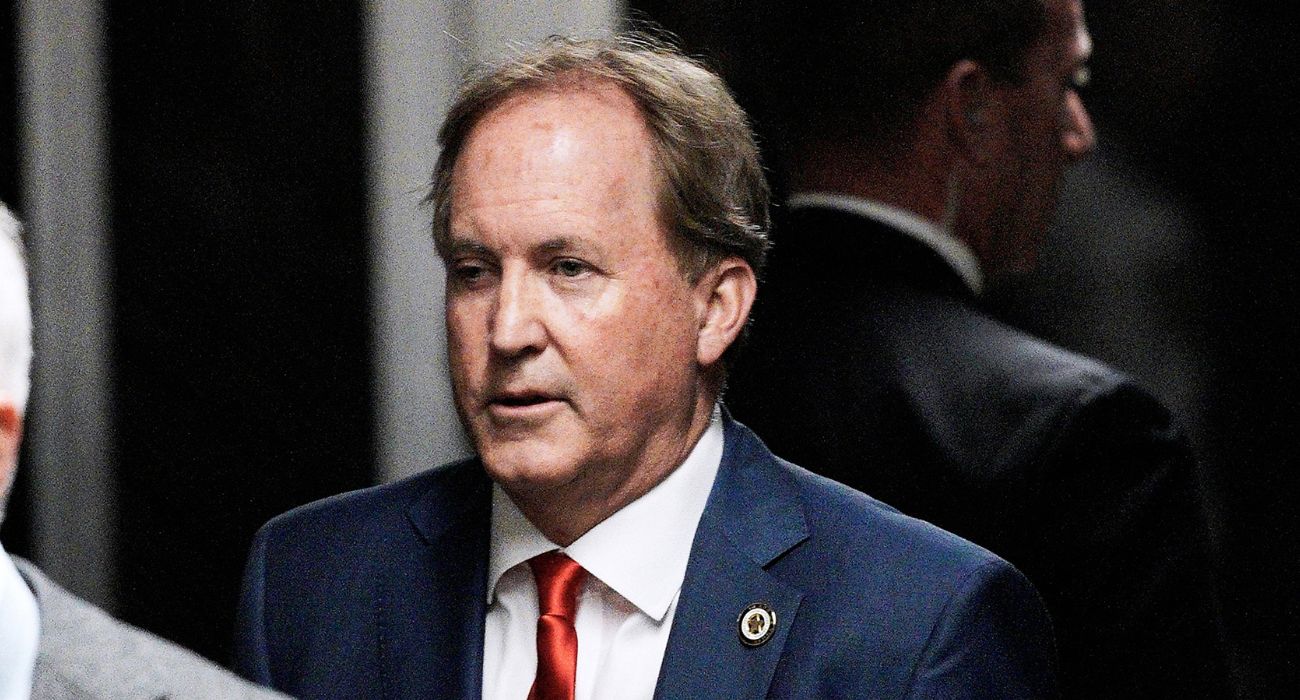As cities and jurisdictions across Texas have begun considering taxpayer-funded universal basic income (UBI) programs, studies suggest that such attempts fail to meaningfully reduce poverty.
Jumpstarted by the government-imposed shutdown of businesses and lockdown of private citizens, wealth redistribution programs have gained prominence in recent years. However, emerging data suggest that supporters have oversold the benefits.
A recent study published by the Social Science Research Network found negligible differences in outcomes between sample groups of impoverished people who received no money, a cash transfer of $500, or a $2,000 cash transfer.
“If anything, the results show that, relative to the Control group, cash groups reported worse financial, psychological, and health (but not cognitive capacity) outcomes,” the researchers concluded. “The lack of positive effects of (more) cash on survey outcomes stands at odds with the predictions of both experts and laypeople.”
According to the Foundation for Economic Education, “While the policy is well-intentioned, it’s far from the most effective way to eradicate poverty in America’s cities and, in the long-term, could have unintended consequences.”
“One glaring problem with allowing this program to exist for any extended period of time is that … it would be too expensive to maintain and would require substantial tax increases across the board,” the organization claimed.
Nevertheless, local Texas governments have moved forward with programs to guarantee income to selected portions of the population, including San Antonio and Austin.
In Texas, however, such programs could be unlawful. When Dallas considered a UBI program, Texas Public Policy Foundation’s James Quintero claimed in The Dallas Express that UBI payments would qualify as “a gift — from government. And the Texas Constitution bans those.”
“The Legislature shall have no power to authorize any county, city, town or other political corporation or subdivision of the State to lend its credit or to grant public money or thing of value in aid of, or to any individual, association or corporation whatsoever,” the Texas Constitution reads.
Some exceptions apply, and Quintero suggested that such a use of taxpayer dollars would have to meet a three-pronged test in order to be lawful.
“The purpose of the payment is to accomplish a public purpose, not benefit a private party; The entity must retain public control over the funds to ensure the public purpose is accomplished and the public’s investment is protected; and the entity must ensure that it receives a return benefit,” he wrote.
“All three criteria must be met before an expenditure of taxpayer funds can be considered valid,” he concluded. “In Dallas’ case, none of them are met.”
Similarly, Harris County recently passed a pilot program that would redistribute over $20 million of taxpayer funds to provide 1,500 families an unconditional $500 a month.
However, activist groups raised concerns.
According to The Texan, Urban Reform founder Charles Blain said, “My biggest concern is they are doing this as a band-aid to a deeper problem which is the increase in the cost of living, instead of taking an introspective look into how they’ve grown government and all the new departments they’ve created and what they’re doing to increase the tax burden on residents.”
Programs elsewhere in the country have stripped funding from other municipal services. In 2021, Los Angeles gutted its police department budget to prop up $1,000 in monthly payments.
However, supporters of UBI, such as Megan Greenwell writing for the Washington Post, claim, “Without a radical solution — like, say, giving people money with no strings attached — America will continue to be home to one of the worst rates of income inequality of any rich nation in the world.”
“Early in the pandemic, some in the guaranteed-income movement had begun to whisper about accelerating the timeline for taking their efforts nationwide,” she recalled. “America’s most progressive social policies have always grown out of economic crises.”
The Basic Income Earth Network suggests that a UBI would “provide a secure financial platform to build on, enable the employment market to become more flexible … give to everyone more choices over the number of hours for which they were employed,” and “encourage personal freedom, creativity, and voluntary activity.”
“Many current benefit systems are no longer fit for purpose,” the group continues. “They assume that everyone has a stable single employment, that household structures don’t change, and that individuals’ circumstances change very rarely.”
“Our lives are no longer like that,” the activist organization concludes. “In a context of rapid change, the only useful system is a simple one. A Basic Income is as simple as it gets.”






